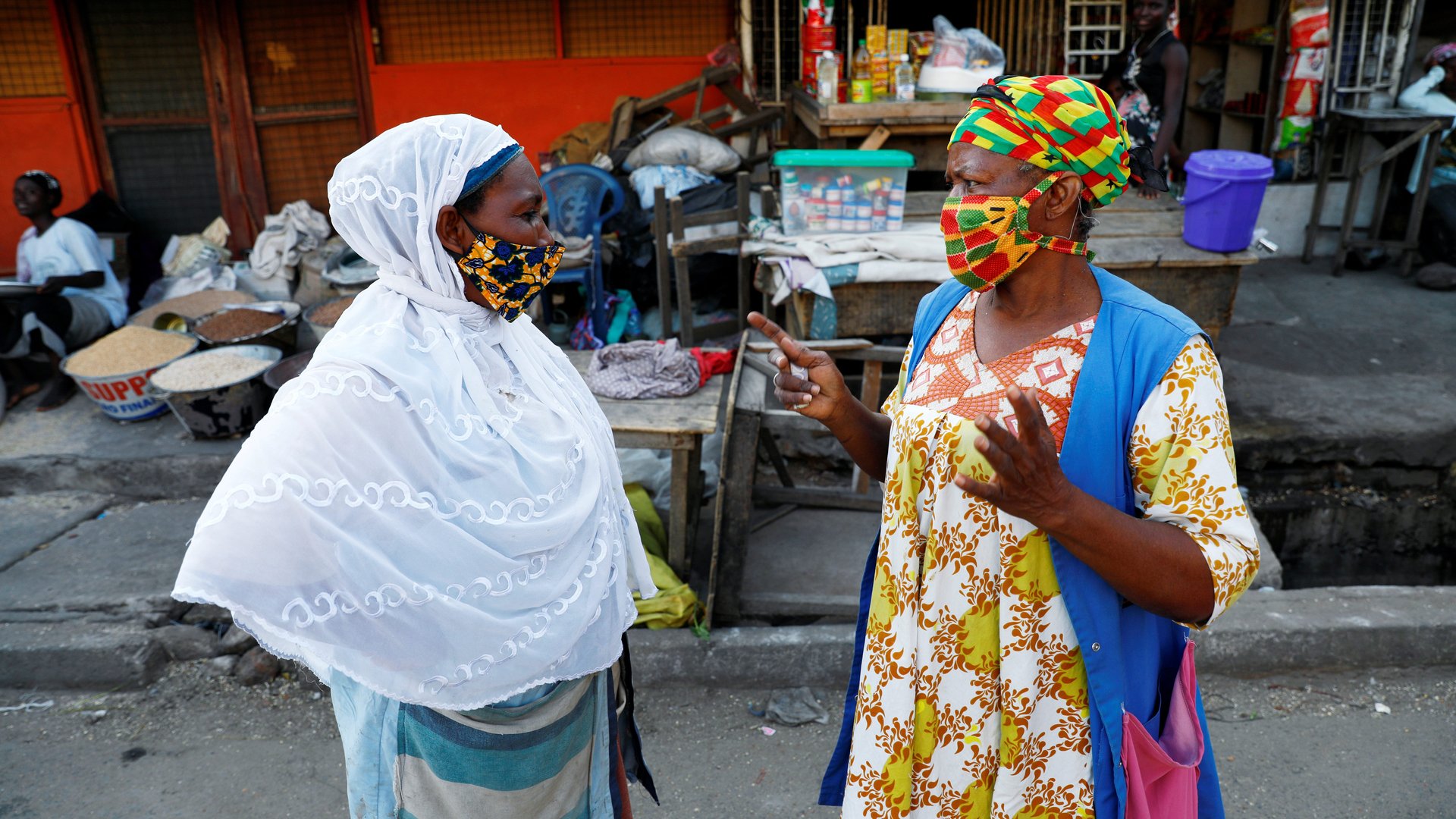One of Africa’s fastest-growing cities is not prepared for the earthquake it knows is coming
Two days after the 81st anniversary of Accra’s most destructive earthquake, three earth tremors in under 10 minutes shook the sleeping city on Thurs. June 24.


Two days after the 81st anniversary of Accra’s most destructive earthquake, three earth tremors in under 10 minutes shook the sleeping city on Thurs. June 24.
The main tremor, just before 11 pm local time, of magnitude 4.2 was described by officials at the Ghana Geological Survey Authority as a “small earthquake.”
While this is not the first time Ghana’s capital has experienced earth tremor, the frequency and intensity of recent tremors have left many residents worried about an imminent major earthquake. Even though far from the world’s major earthquake zones, “in West Africa, Ghana is the most seismically active [country],” says Dr. Paulina Amponsah, a seismologist and head of the National Data Center at the Ghana Atomic Energy Commission.
Accra “is dotted with so many small fault lines and the geology is not uniform,” Amponsah, who has studied the history of earthquakes in Ghana, told Quartz Africa. Two major active fault lines, the Coastal Boundary Fault and Akwapim Fault zone intersect on the western edge of the greater metro area.
Between January 2018 and June 2020, the city has experienced eight earth tremors, mostly with magnitudes less than 4.
“What we are recording now are precursors or foreshocks. So it is just telling us that something may happen but as to when this [seismic] event will happen, nobody can say… That is why it is a worry and we need to prepare,” she adds.
The earliest known earthquake in the modern country was in 1615 and it destroyed a Portuguese slave fortress in the coastal town of Elmina. Many more have since been recorded across southern Ghana but the last major earthquake was on June 22, 1939, in Accra with a magnitude of 6.5. Seventeen people died and over 130 people were injured as a result of the earthquake which destroyed many buildings.
“The earthquake was felt by persons over an area of approximately 300,000 square miles and at places more than five hundred miles from Accra,” according to a report published in 1941 in the journal Nature.
An earthquake of similar magnitude in this fast-growing city of over four million people, with large informal settlements and weak enforcement of planning and building regulations, could be disastrous.
“Earthquakes never kill but poor construction and design of buildings do,” says Amponsah. “Do we have open spaces? We are developing all the areas, which is really bad… In every community, we should have parks, where people could move to” after a major shock has ended, she says.
Despite the risks being known, successive governments have been slow to implement measures that could reduce fatalities when the next major earthquake finally occurs. The proposals of a committee of experts set up last year to develop a national earthquake preparedness and response plan have yet to be made public.
Earthquake drills are not integrated into schools and other mass public education forums to teach people what to do in the event of a major quake.
Also, the country does not have an emergency alert system that could be triggered to warn the public when a primary earthquake wave is detected, buying people vital seconds to duck under a sturdy table. Already, the national disaster management organization struggles to deal with the city’s perennial floods and the limits of the emergency healthcare system have been exposed by the coronavirus outbreak.
Sign up to the Quartz Africa Weekly Brief here for news and analysis on African business, tech and innovation in your inbox